QUESTION:
What do the scholars of the Dīn and muftīs of the Sacred Law state regarding the following issue: If we have a home in the U.K. and a home in Pakistan also, then when we go to Pakistan and intend to stay less than fifteen days, are we meant to pray Qasr or full salāh?
Questioner: Nusrat from UK
ANSWER:
بسم اللہ الرحمن الرحیم
الجواب بعون الملک الوھاب اللھم ھدایۃ الحق والصواب
If someone has made their home in the U.K. their watan aslī [permanent place of residence], just as is the case with the majority of Muslims who live here, and their wife & children reside in their home in Pakistan, then the home in Pakistan will also be regarded as a permanent place of residence for such person, and thus one will not do Qasr after having gone there; rather, one will pray salāh in full. However, if one just has a home there but the family of said person do not reside in Pakistan, then such place being a watan aslī or not for this person is differed among the scholars. Some say that this place will no longer remain a permanent place of residence for such person, because the matter to be considered is the family, not houses. However, some have said that it is still a permanent place of residence for this person, however the correct opinion is that if such a person’s wife & children are not living there, then it will cease to be a watan aslī. If one intends to stay there for less than fifteen days, then one will perform Qasr.
Just as Durr Mukhtār has chosen this opinion,
“الْوَطَنُ الْأَصْلِيُّ) هُوَ مَوْطِنُ وِلَادَتِهِ أَوْ تَأَهُّلِهِ أَوْ تُوَطِّنْهُ (يَبْطُلُ بِمِثْلِهِ) إذَا لَمْ يَبْقَ لَهُ بِالْأَوَّلِ أَهْلٌ)”
Likewise, this opinion has been given precedence in Radd al-Muhtār which denotes upon it being the preferred opinion,
“وَلَوْ كَانَ لَهُ أَهْلٌ بِبَلْدَتَيْنِ فَأَيَّتُهُمَا دَخَلَهَا صَارَ مُقِيمًا، فَإِنْ مَاتَتْ زَوْجَتُهُ فِي إحْدَاهُمَا وَبَقِيَ لَهُ فِيهَا دُورٌ وَعَقَارٌ قِيلَ لَا يَبْقَى وَطَنًا لَهُ إذْ الْمُعْتَبَرُ الْأَهْلُ دُونَ الدَّارِ كَمَا لَوْ تَأَهَّلَ بِبَلْدَةٍ وَاسْتَقَرَّتْ سَكَنًا لَهُ وَلَيْسَ لَهُ فِيهَا دَارٌ وَقِيلَ تَبْقَى”
[al-Durr al-Mukhtār & Radd al-Muhtār, vol 2, pg 739]
In a similar manner, it is stated in Bahār-e-Sharī’at that if a person’s watan aslī is at one place and he has now made another place his watan. In this case, if he has children and family still living at the first place, then both are regarded as ‘asli’ (Permanent), otherwise the first will no longer be regarded as the asli, be this whether there is a length of travel [the legal distance required for a journey according to Islamic Law] between both places or not.
واللہ تعالی اعلم ورسولہ اعلم صلی اللہ علیہ وآلہ وسلم
کتبہ ابو الحسن محمد قاسم ضیاء قادری
Answered by Mufti Qasim Zia al-Qadri
Translated by Haider Ali
Read the original Urdu answer here: [Q-ID0660] Traveller scenario [3] I am travelling to Pakistan, do I shorten my prayers?
Also see:
[Q-ID0035] What if I don’t shorten my prayer (qasr) as a traveller?



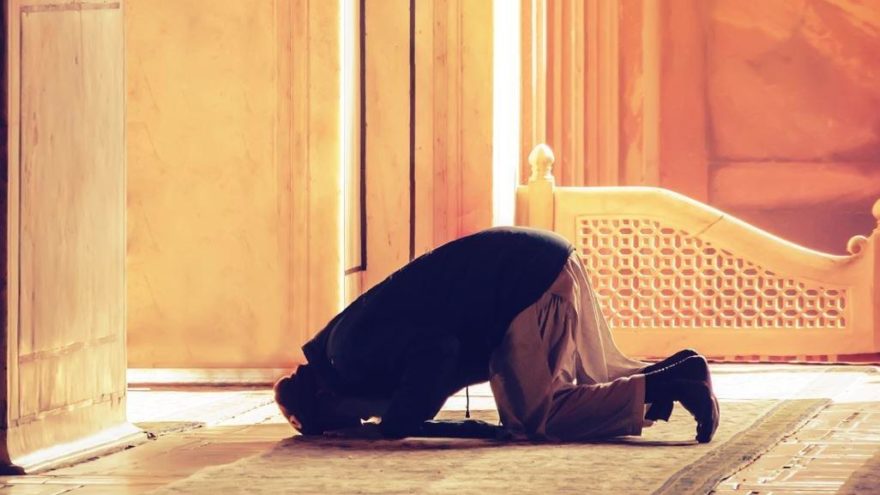

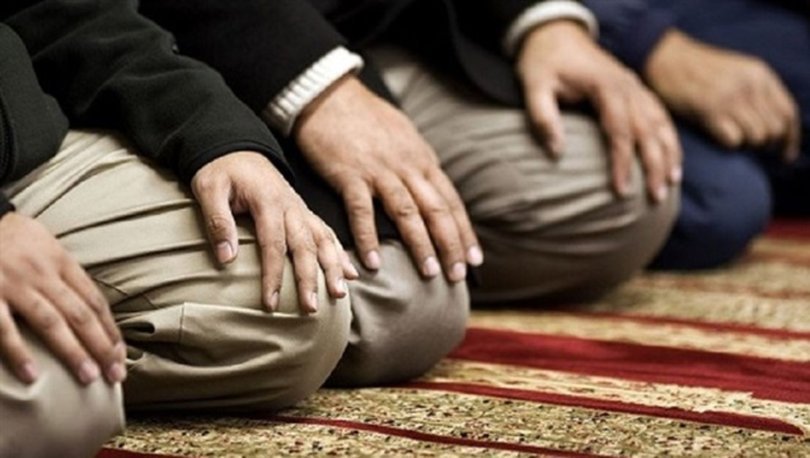


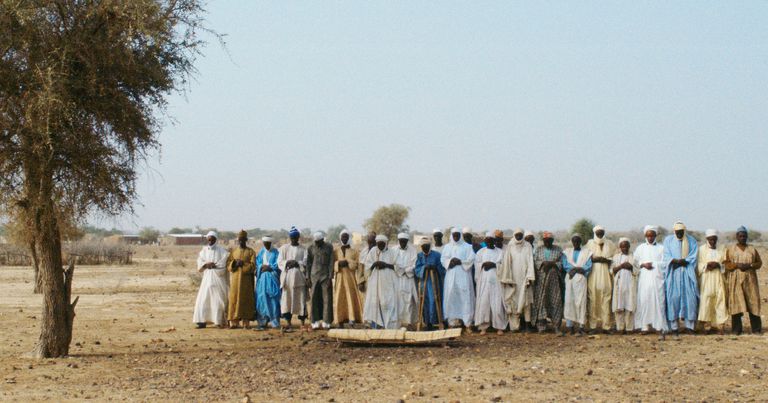
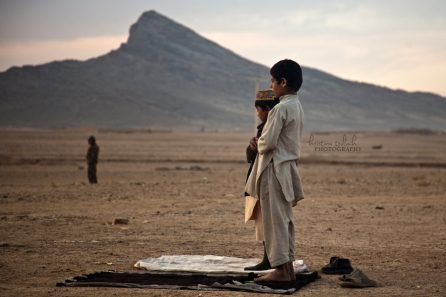

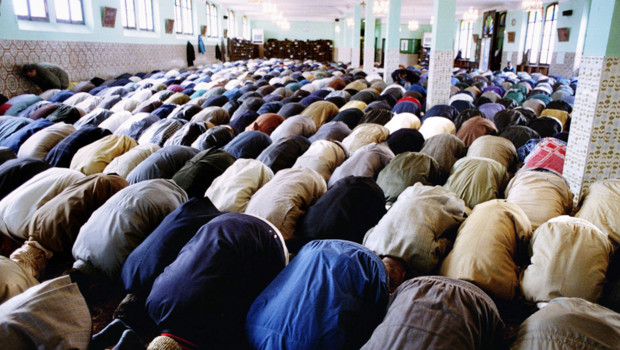


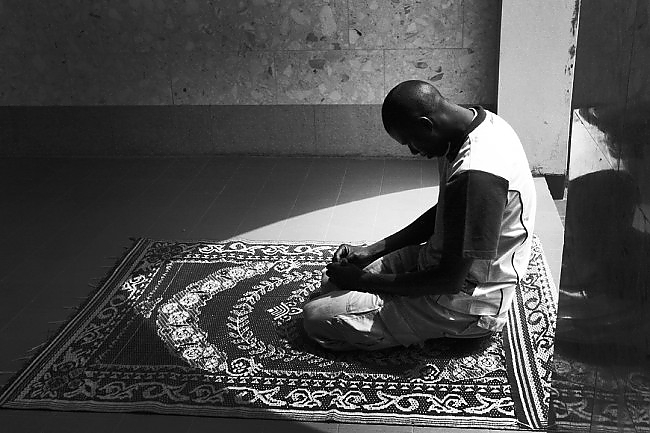






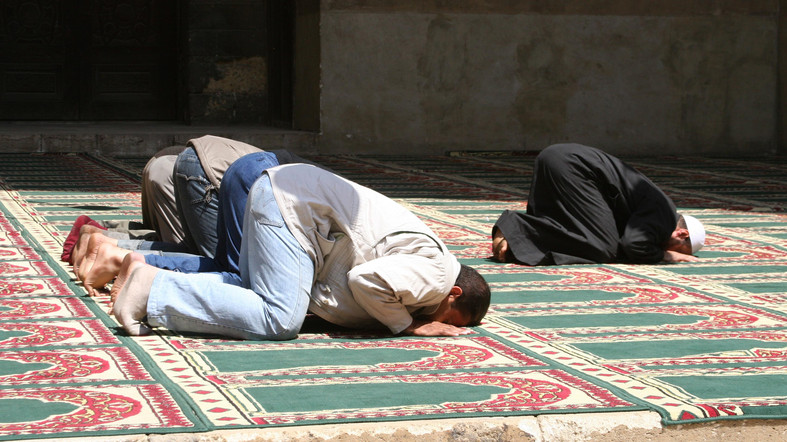
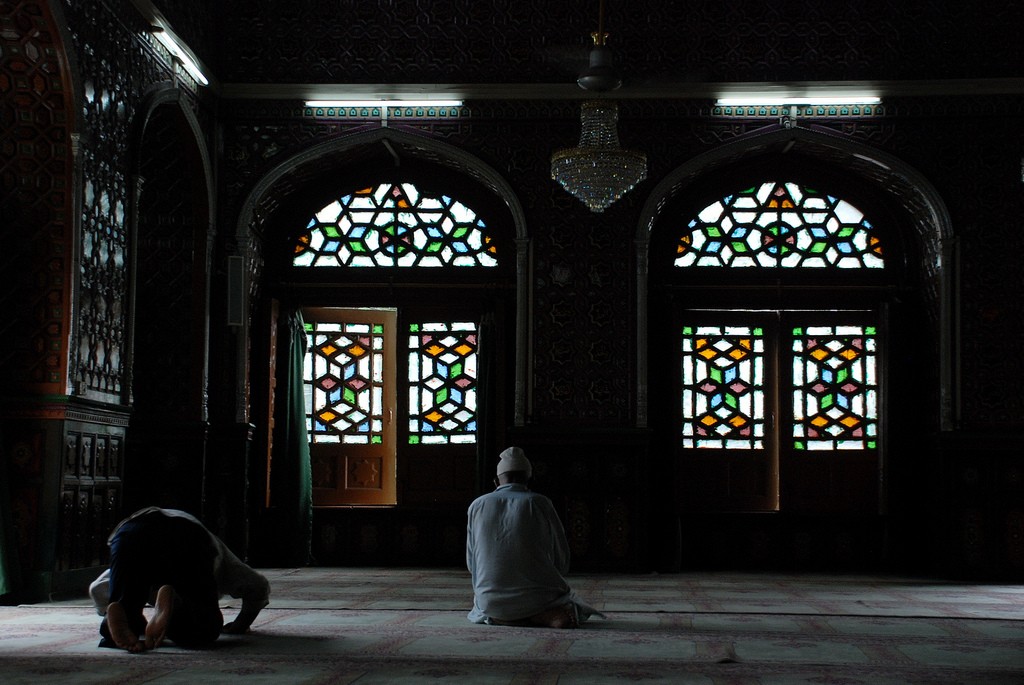




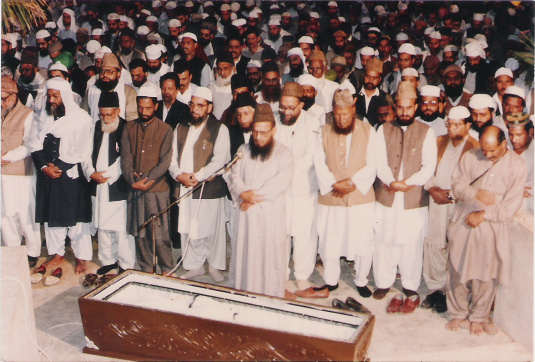
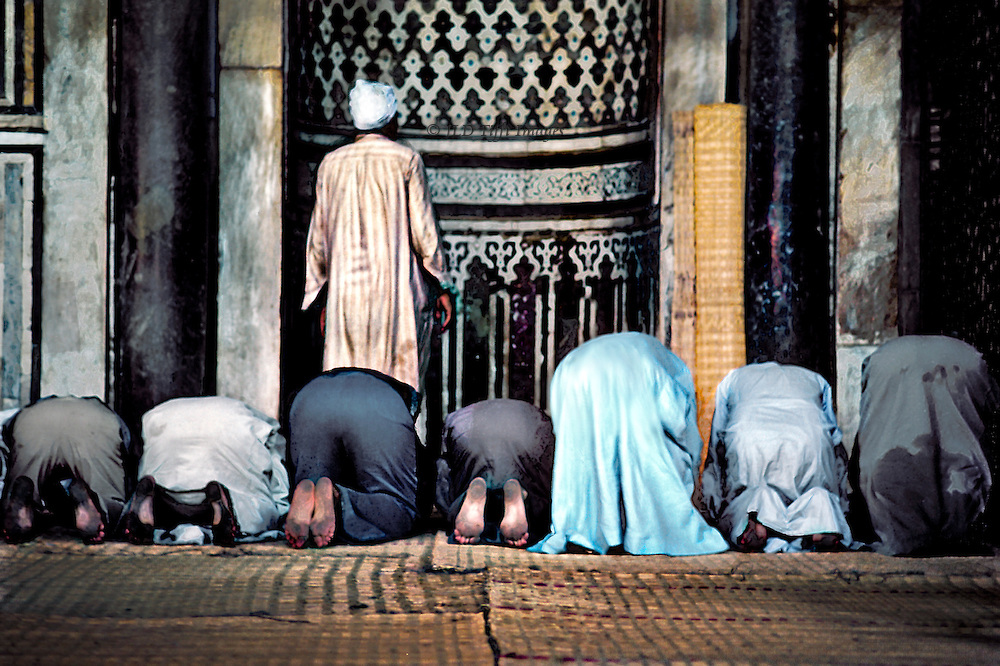
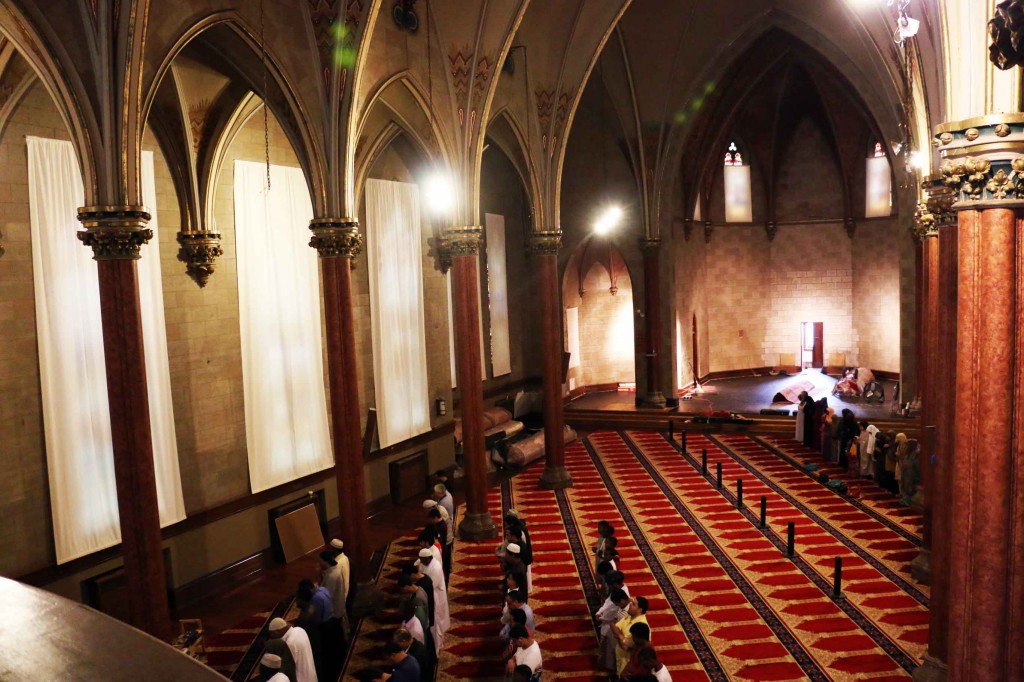
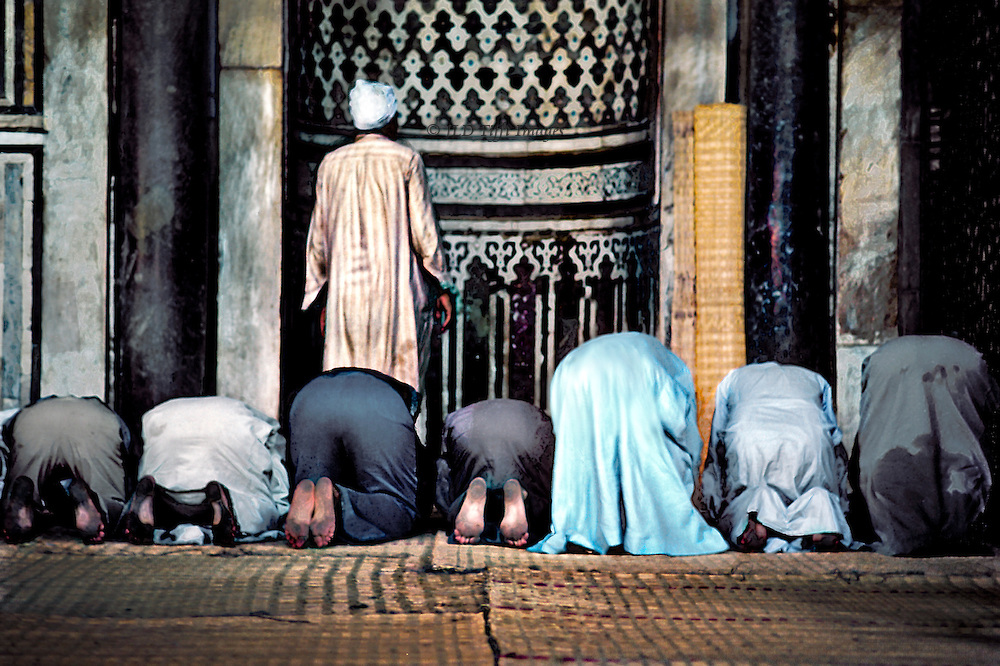
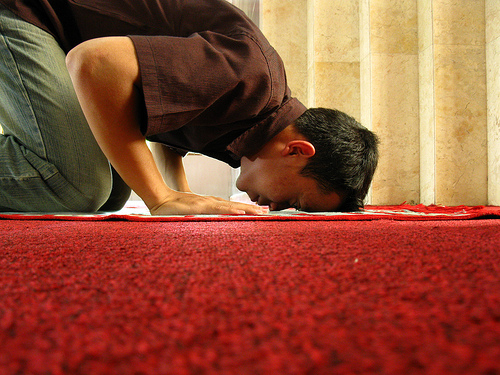

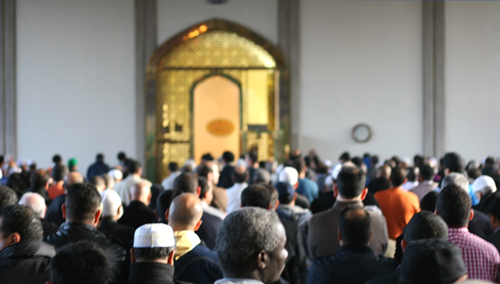



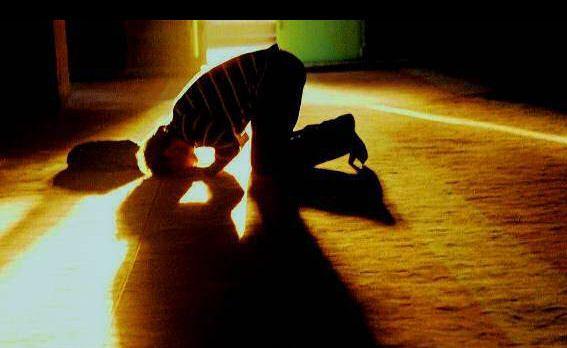

![[Q-ID0220] I’ve never prayed in my life, from when do I calculate how many prayers I need to make up (qada)?](http://www.seekerspath.co.uk/wp-content/themes/hueman-pro/assets/front/img/thumb-medium-empty.png.pagespeed.ce.q0RS_Oe2Ar.png)









